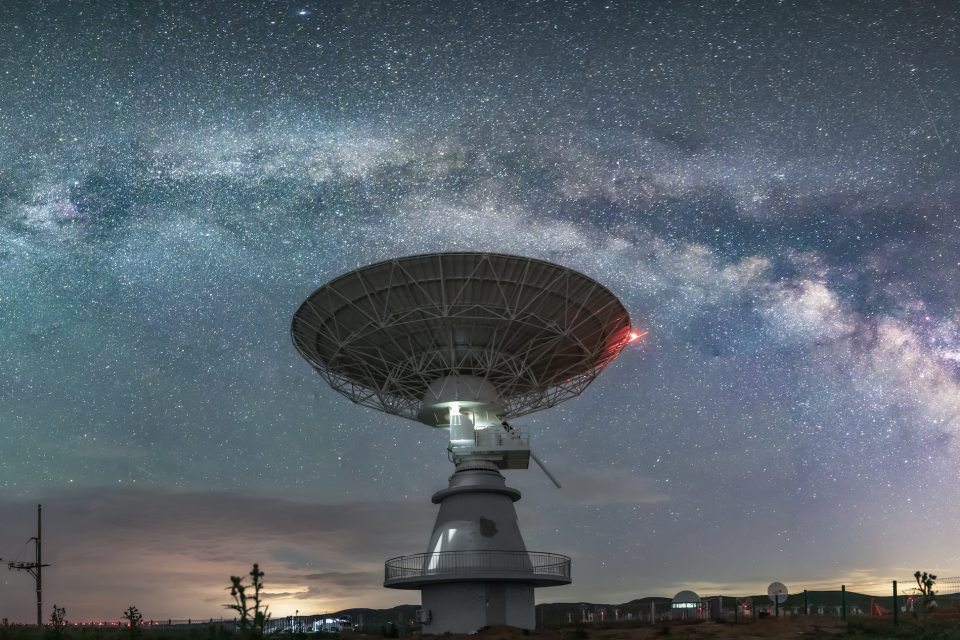Weathering the Change

The World Meteorological Organization (WMO) is much more than just weather forecasts. It is a global lifeline—playing a vital role in protecting lives and livelihoods, and strengthening resilience around the world.
Weather, water and climate cross national boundaries. No individual country can tackle the challenges and benefit from opportunities on their own.
WMO sets standards for and coordinates the real- time global sharing of vital meteorological and hydrological data from ground stations, radars, buoys, aircraft, ships, satellites and more. This international collaboration underpins the accuracy and timeliness of global forecasts, protecting lives, infrastructure, and economies.
WMO’s Impact
- Saving Lives and Reducing Losses
WMO has pioneered the expansion of early warning systems which have slashed the death toll from natural hazards in the past 50 years. According to the World Bank, universal access to early warning services will prevent at least US $13 billion in asset losses and US $22 billion in well-being losses every year. Just 24 hours advance warning can reduce storm or heatwave damage by up to 30%. - Supporting Economic Stability
WMO fosters information and services which underpin critical decisions in all major economic sectors, in finance and insurance. Accurate weather forecasts and seasonal climate outlooks, for instance of El Niño/La Niña events, allow the agriculture and energy sectors to reduce risks and optimize operations and profitability. They support health and water management. Meteorological services for air, maritime and road transport increase efficiency, improve safety and cut costs. - Safeguarding Global Security
WMO services help strengthen food and water security, health and disaster management, and humanitarian preparedness and response. Timely, accurate forecasts and warnings of weather-related hazards, and accompanying anticipatory action, help reduce the risks of instability, displacement and hunger. - Advancing Climate Action
WMO supports the monitoring of greenhouse gases and air quality, providing critical data to support climate mitigation and tackle pollution. WMO fosters the provision and use of climate services for adaptation, which have an estimated benefit-cost ratios of at least 10:1, according to the Global Commission on Adaptation. Climate research is vital for long-term infrastructure, urban and coastal planning.
30% reduction in damage
Just 24 hours advance warning can reduce storm or heatwave damage by up to 30%
Early warnings could save at least $35B annually
According to the World Bank, universal access to early warning services will prevent at least US $13 billion in asset losses and US $22 billion in well-being losses every year
Opportunities for support
To continue this essential work for the public good, WMO seeks to scale-up public and private investment for both its extra-budgetary and its core activities. Targeted resources covering the full value chain from observations to data management to forecasting to warning and information services are critical to the continued success of WMO and its service to society.
Strategic priorities for donor support include:
- Expanding Global Observational Capacity
WMO is spearheading a major international overhaul to expand and streamline global data exchange, enhancing forecast accuracy, disaster preparedness, and economic resilience. Closing the gaps in global, regional and national observing networks requires dedicated resources to ensure reliable data sharing and accuracy of forecasts.
- Accelerating Early Warning Systems Coverage
There is encouraging progress in ensuring universal access to early warning systems to reduce human and economic losses and boost resilience. As of 2024, 108 countries report some early warning capacity – more than double the level of 2015. But the Early Warnings for All initiative needs to be scaled up and accelerated.
- Modernizing Data Sharing Infrastructure
Every day, WMO coordinates the exchange of millions of weather observations worldwide within minutes, making accurate forecasts possible. Transitioning WMO’s global data systems to modern cloud-based platforms enhances efficiency, reduces operational costs, and provides rapid global access to essential meteorological data.
- Capacity Building and Climate Resilience
Funding targeted at strengthening National Meteorological and Hydrological Services is critical to improve local forecasting capabilities and co-produce information services, helping countries and communities adapt to climate change and manage natural hazards more effectively.

Investing in Global Resilience
WMO leverages and unleashes benefits worth many billions of dollars per year through the forecasts and services provided by its Members’ National Meteorological and Hydrological Services (NMHSS). Investing in WMO is investing in a more resilient world, safeguarding lives, food, water, energy, and health. Your support will safeguard millions of lives and secure billions in economic value—today and for future generations.

